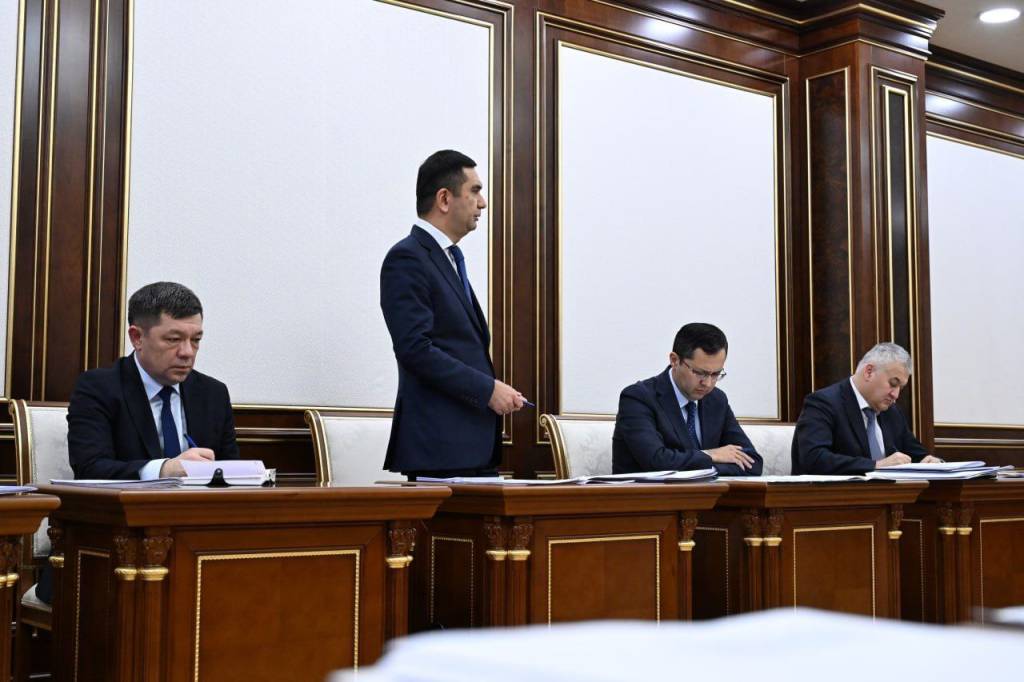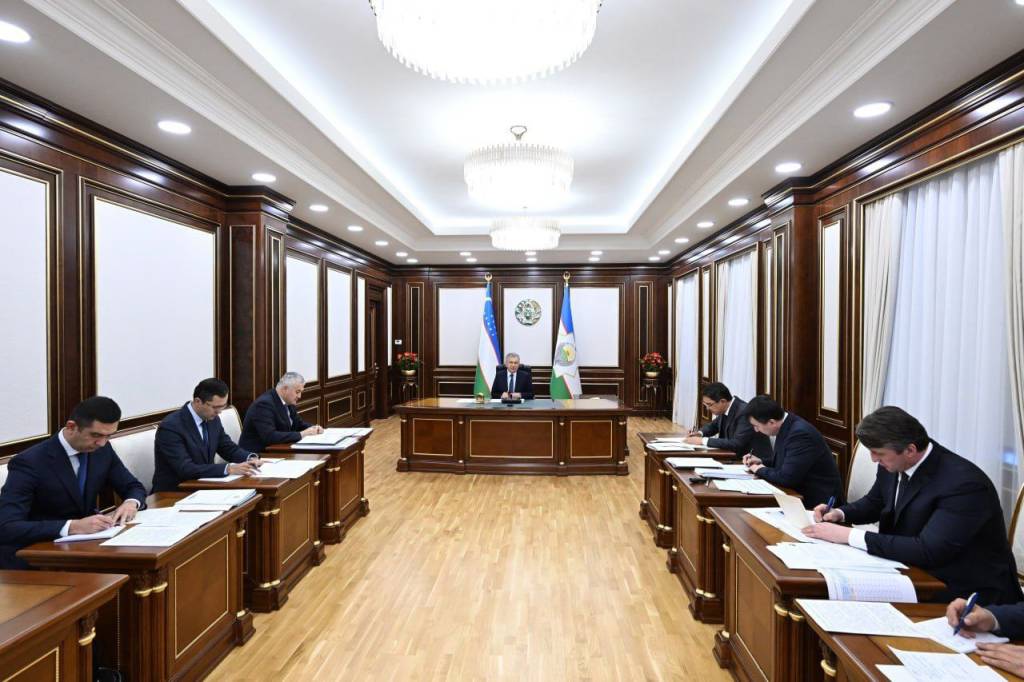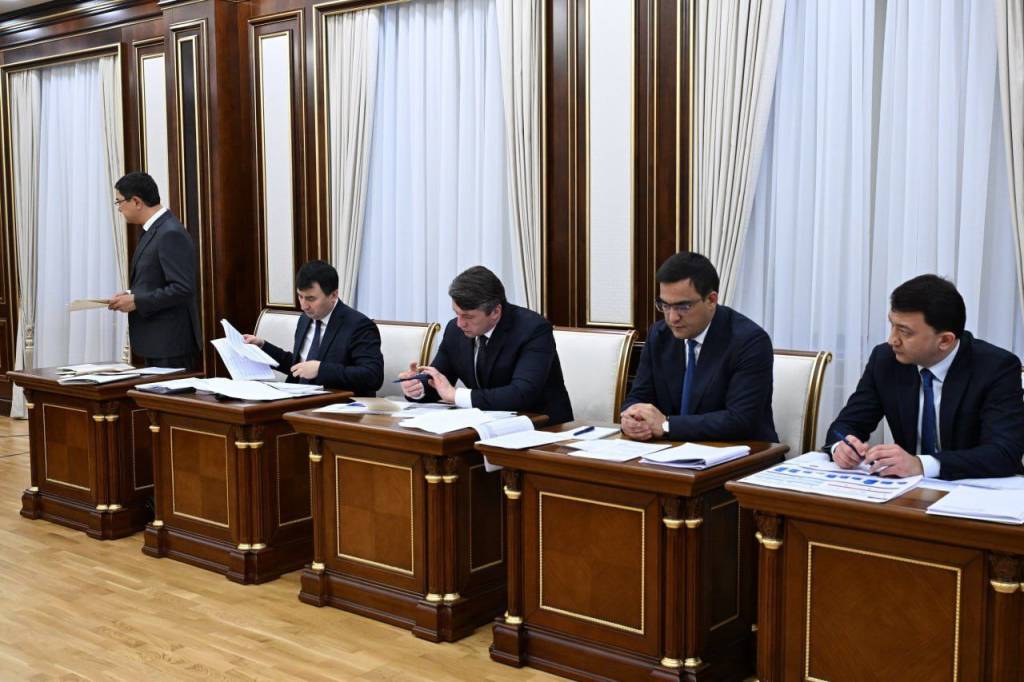A report presented on employment, investment, and export indicators

On March 4, President Shavkat Mirziyoyev reviewed a report on poverty reduction, employment promotion, and investment and export performance.

A new employment support system was introduced at the beginning of this year. Cooperation agreements have been signed between 208 district and city hokims and banking sector leaders in this area. Bank branches have established specialized units to work directly within mahallas, and “mahalla bankers” have been appointed.
As a result, 239,000 people were employed in January and 480,000 in February. Since the beginning of the year, 14 trillion UZS in loans have been allocated to small and medium-sized businesses, including 2 trillion UZS within entrepreneurial support programs.
The population is being informed about income-generating opportunities, offered ready-made business projects, and provided with training programs for their implementation. Employment is officially recorded with tax authorities, and regular monitoring is conducted to ensure that responsible officials fulfill their assigned tasks.
The results of the analysis were presented at a meeting.
High employment rates were recorded in Jizzakh, Samarkand, Bukhara, and Navoi regions and through projects implemented by the National Bank, Asaka Bank, Microcredit Bank, and the Business Development Bank.
However, results in Syrdarya region and 24 districts and cities were deemed unsatisfactory. As a result, appropriate measures were taken against 30 officials who demonstrated low efficiency in fulfilling their tasks.
It was emphasized that, based on accumulated experience, efforts should be intensified in the coming months to improve work efficiency and guide the unemployed toward vocational training and income-generating employment. Instructions were given to ensure that crops are planted on all household plots and leased lands during the current spring season, with the process being monitored through the online-mahalla.uz platform.
Over the past two months, investment and export indicators have shown positive growth. Since the beginning of the year, more than $6 billion in foreign investments and loans have been utilized. A total of 1,100 small and medium-sized projects worth $574 million have been implemented, creating over 17,000 new jobs.

The export of goods and services reached $2.8 billion, with notable increases in key sectors: jewelry exports increased sevenfold compared to last year, chemical industry exports grew 1.7 times, electrical engineering and food industry exports rose 1.2 times, and tourism services exports expanded 1.6 times.
At 132 enterprises, international standards have been implemented, and 521 companies entered foreign markets for the first time, exporting goods worth $183 million in February.
At the meeting, it was noted that investment indicators remain low in certain industries and regions. The reasons behind this issue and strategies for addressing them were discussed.

A presentation was held to introduce Dilmurod Qosimov, the newly appointed Deputy Prosecutor General of Uzbekistan, who will protect entrepreneurs’ and investors’ legal rights and interests. It was emphasized that prosecutorial authorities will now play a key role in creating a favorable legal environment.
Officials also reported on plans to utilize over $8 billion in foreign investments by the end of the first quarter and outlined additional export opportunities.
















